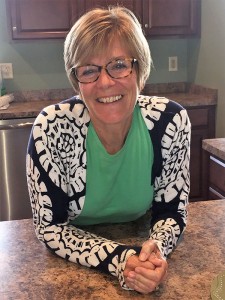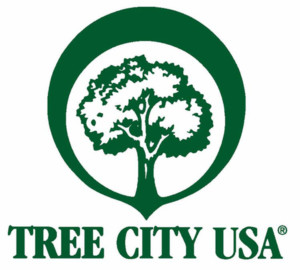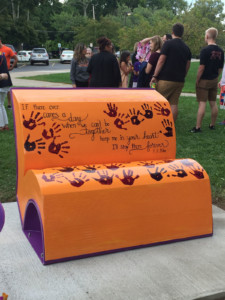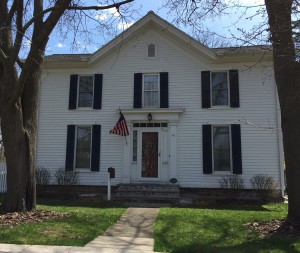BY JENNIFER CROWLEY
On Tuesday, February 6th, the Wheatland-Chili Central School District hosted a panel discussion on the realities of opiate usage and addiction. The event, “Awareness is the Best Prevention,” educated students and community members on escalating rates of drug addiction as well as efforts underway in Monroe County to stem usage of heroin and other opioid drugs.
The panel featured legislators, law enforcement and medical examiner’s office personnel, and the commissioner of public health. Each shared their perspective on the sweeping epidemic of addiction facing every village, town and city across the United States. Case in point: the opioid crisis is directly responsible for the first declines in life expectancy in the US in several decades.
On a local basis, the statistics are sobering. In Monroe County there were 69 deaths from an opioid overdose in 2015. Just one year later there were 169 deaths. County Executive Cheryl Dinolfo spoke at the forum to share what county officials are doing to address “the battle,” as she called it. Outreach, litigation and analytics are three core approaches the county is adopting. “This battle can’t be won unless our community comes together as one to have a conversation that is meaningful, open and honest,” she said. Wheatland-Chili is one of 12 districts, so far, to sponsor a community outreach night. Other community-based efforts include educating businesses and churches around the biology of addiction and even Narcan (an opioid antagonist) training.
Executive Dinolfo also shared that Monroe County is among the first in the nation to establish an Opioid Action Plan. Led by Public Health Commissioner, Dr. Michael Mendoza, the goal of this initiative is to identify and remove barriers for individuals seeking treatment for heroin and opioid addiction. The County has also retained a national law firm with extensive experience in large-scale opioid litigation. The firm, acting on behalf of Monroe County, has filed a lawsuit against several makers and marketers of opioid drugs for misleading physicians and the general public about the safety of these prescription painkillers. Any settlements gained from the lawsuit will be used to help expand access to treatment for those in search of help.
Interestingly, only days after the forum, Purdue Pharma, the company best known for selling the prescription painkiller OxyContin, announced that they would stop marketing opioid drugs to doctors.
Dr. Mendoza’s portion of the presentation focused on a single message: the disease of addiction does not discriminate. “Anyone is at risk,” he said and added that, “Addiction is not a choice, it is an illness that should be treated with compassion.” As for why some people face addiction and others do not, the doctor explained that half of the issue is genetic in nature – factors such as gender and ethnicity – while the other half is environmental. And it is the latter half that the panel hopes their education efforts can help influence.
Remembering Steven
Steven Palmer had a typical childhood growing up in Caledonia, New York. He was raised by his devoted parents, Darlene and Steven, and an older sister Shannon who adored him. As a teenager Steven Jr. was in a bad car accident. He survived, though with a broken neck. He was prescribed opioid painkillers to help with his recovery. Little did he or his family know that single prescription would lead to life altering consequences that would play out well into his adulthood and claim his life at the age of 30 on December 26th, 2015.
“Our son was a high school and college graduate. He had a job, he paid his bills. He wasn’t the junkie living on the street. But heroin doesn’t discriminate. It ends the lives of the young, the old, the black, the white, the rich and the poor,” offered his mother Darlene. She recounted how in her wildest dreams, despite knowing Steven was struggling with addiction, she never imagined that the words “Merry Christmas” would be the last she would say to her son. When he didn’t come over the day after Christmas for leftovers, his father went to check on him and what unfolded from that point on is the stuff of every parents’ worst nightmare: Steven had overdosed.
“We tried everything. We had tried so hard to prevent the situation from getting worse. I just wish I could go back and try even harder to help. I wish I could tell him that we forgive him, that we understand even more because we now know about the heroin and what it can do,” Darlene said while fighting back tears. “I am trying so hard to channel my grief into a positive force to help stop this epidemic that took away our son.” Darlene then offered these words to the audience, “Please be aware of the issues surrounding any drug use, prescription or otherwise. If you become aware of someone you love struggling with addiction, help is out there for them.”
The panel session wrapped up with Robert Levy, a prevention educator with CASA-Trinity of Livingston County talking about the group’s approach to helping individuals struggling with addiction to find treatment. CASA is a community-based treatment center for chemically dependent men, women, adolescents and their families, providing outpatient and specialized treatment programs. Anyone concerned about opiate usage or dependency that is ready to start the journey to recovery can call CASA at 585.991.5012 for information on how to start the treatment process.
Several times during the session speakers reflected upon the fact that engaging in dialogue about risk taking behavior such as drug usage is difficult – but absolutely necessary in this day and age. As Shannon Palmer said, “I lost my brother, my rock, my best friend, all in an instant. This conversation just may save your child’s life.”







